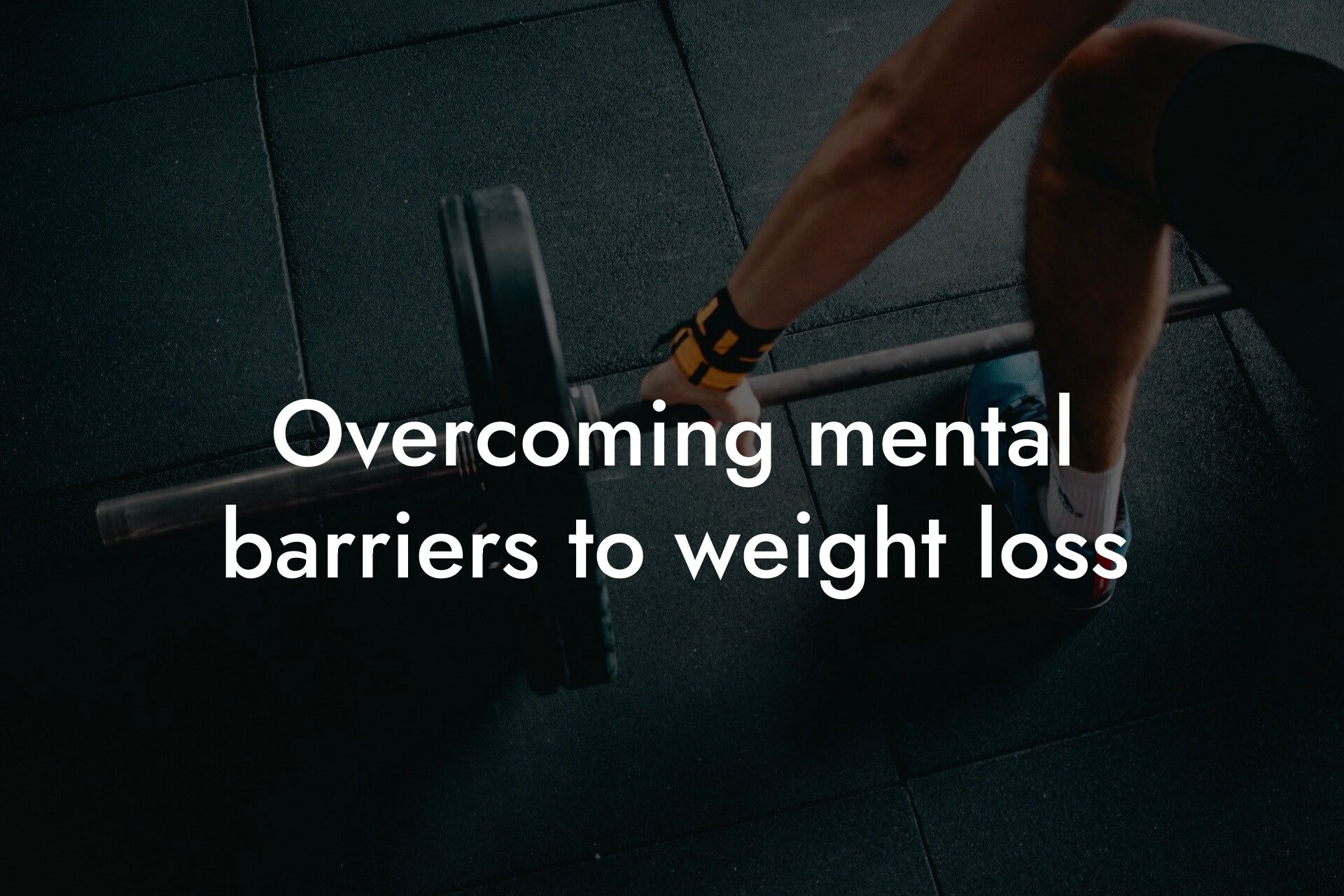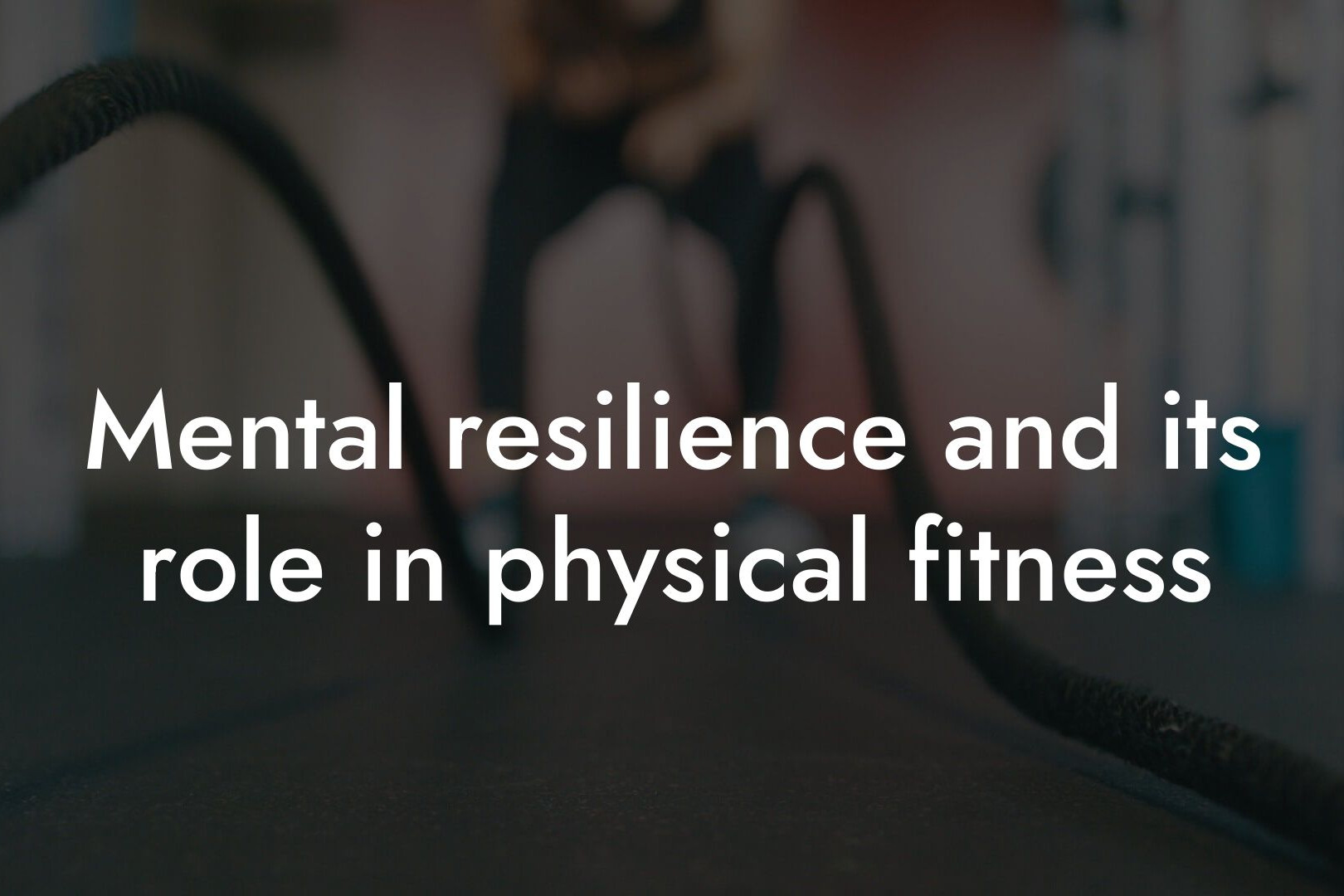As a high-earning professional, you understand the importance of maintaining a healthy and fit physique. It not only boosts your confidence but also enhances your overall well-being. At Tano Performance Group, we believe that achieving your ideal body composition requires a holistic approach, and mindful eating is a crucial aspect of it. In this article, we'll delve into the concept of mindful eating, its benefits, and provide you with practical tips to incorporate it into your lifestyle.
Table of Contents
What is Mindful Eating?
Mindful eating is an approach to food that focuses on developing a healthier relationship with eating. It's about paying attention to your hunger and fullness cues, savoring your food, and eating without distractions. Mindful eating is not about restricting your diet or following a specific nutrition plan, but rather about being present and aware of your eating experience. By doing so, you'll be able to make more informed choices, enjoy your food more, and develop a more positive body image.
The Benefits of Mindful Eating for Body Composition
Research has shown that mindful eating can have a significant impact on body composition. By eating more mindfully, you can:
- Reduce overall calorie intake: When you eat slowly and savor your food, you're more likely to feel full and satisfied, reducing the likelihood of overeating.
- Improve nutrient absorption: Chewing your food thoroughly and eating without distractions can help your body absorb nutrients more efficiently.
- Increase muscle mass: By eating enough protein and other essential nutrients, you can support muscle growth and development.
- Decrease body fat: Mindful eating can help you make healthier choices, reducing your intake of processed foods and added sugars that contribute to body fat.
How to Practice Mindful Eating
Practicing mindful eating is easier than you think. Here are some simple tips to get you started:
- Eat slowly: Take small bites, and chew your food slowly. This will help you savor your food and feel more satisfied.
- Eliminate distractions: Turn off the TV, put away your phone, and eat in a distraction-free environment.
- Pay attention to hunger and fullness cues: Listen to your body and stop eating when you feel satisfied, rather than stuffed.
- Use all your senses: Look at your food, smell it, taste it, and feel the texture. This will help you appreciate your food more and enjoy the experience.
Overcoming Common Obstacles to Mindful Eating
As with any new habit, you may encounter some obstacles when trying to practice mindful eating. Here are some common challenges and tips to overcome them:
- Busy schedule: Try eating in short intervals, taking breaks to stretch and move your body.
- Emotional eating: Identify your emotional triggers and find healthier ways to cope, such as meditation or deep breathing exercises.
- Social pressure: Eat with like-minded individuals who support your healthy eating habits, or find healthy alternatives when eating out.
Mindful Eating and DEXA Scans: A Winning Combination
At Tano Performance Group, we understand the importance of tracking your progress towards your fitness goals. That's why we offer DEXA scans, a comprehensive body assessment that provides you with detailed information about your body composition. By combining mindful eating with regular DEXA scans, you'll be able to:
- Track changes in body fat percentage and muscle mass
- Identify areas for improvement and adjust your nutrition plan accordingly
- Stay motivated and focused on your fitness goals
Mindful eating is a powerful tool that can help you achieve your ideal body composition. By being more present and aware of your eating experience, you'll be able to make healthier choices, reduce stress, and improve your overall well-being. At Tano Performance Group, we're committed to helping you reach your fitness goals through our comprehensive body assessments and expert guidance. Start your mindful eating journey today and take the first step towards a healthier, happier you.
Take the First Step Towards Your Ideal Body Composition
Ready to take control of your body composition? Book your DEXA scan today and start your journey towards a healthier, more confident you. Contact us at [insert contact information] to schedule your appointment.
Frequently Asked Questions
What is mindful eating, and how does it differ from regular eating?
Mindful eating is an approach to food consumption that involves paying attention to the experience of eating, savoring each bite, and developing a non-judgmental awareness of hunger and fullness cues. It differs from regular eating in that it encourages individuals to slow down, enjoy their food, and listen to their body's natural signals, rather than eating mindlessly or out of habit.
How can mindful eating improve body composition?
Mindful eating can improve body composition by helping individuals develop a healthier relationship with food, reduce overeating, and make more nutritious choices. By paying attention to hunger and fullness cues, individuals can avoid consuming excess calories, which can lead to weight loss and improved body fat percentage.
What are the benefits of mindful eating for high-earning professionals?
Mindful eating can be particularly beneficial for high-earning professionals, who often lead busy lives and may struggle to prioritize their health and wellbeing. By adopting mindful eating habits, they can improve their energy levels, reduce stress, and enhance their overall physical and mental performance.
How does mindful eating affect hunger and fullness cues?
Mindful eating helps individuals tune into their natural hunger and fullness cues, allowing them to eat when they're hungry and stop when they're satisfied. This can lead to a reduction in overeating and a more balanced diet.
Can mindful eating help with emotional eating?
Yes, mindful eating can help individuals develop a healthier relationship with food and reduce emotional eating. By recognizing and addressing emotional triggers, individuals can learn to cope with emotions in a more constructive way, rather than turning to food.
How does mindful eating impact digestion and gut health?
Mindful eating can improve digestion and gut health by reducing stress, promoting relaxation, and encouraging slower, more deliberate eating. This can lead to improved nutrient absorption, reduced symptoms of IBS, and a stronger immune system.
What role does mindful eating play in reducing inflammation?
Mindful eating can help reduce inflammation by promoting a balanced diet, reducing stress, and encouraging the consumption of anti-inflammatory foods. Chronic inflammation is a major contributor to many diseases, including obesity, diabetes, and cardiovascular disease.
Can mindful eating help with portion control?
Yes, mindful eating can help individuals develop a better understanding of appropriate portion sizes and reduce overeating. By paying attention to hunger and fullness cues, individuals can learn to stop eating when they're satisfied, rather than stuffed.
How does mindful eating impact bone density?
Mindful eating can help improve bone density by promoting a balanced diet rich in calcium, vitamin D, and other essential nutrients. Additionally, mindful eating can reduce the risk of osteoporosis and fractures by encouraging a healthy weight and reducing inflammation.
What are some common mindful eating myths?
Some common mindful eating myths include the idea that it's time-consuming, requires a complete overhaul of your diet, or is only for individuals with eating disorders. In reality, mindful eating is a flexible and adaptable approach that can be incorporated into daily life with minimal effort.
How can I incorporate mindful eating into my busy schedule?
Incorporating mindful eating into a busy schedule can be as simple as taking a few deep breaths before meals, paying attention to hunger and fullness cues, and savoring each bite. Even small moments of mindfulness can have a significant impact on overall health and wellbeing.
What are some mindful eating techniques for beginners?
Some mindful eating techniques for beginners include eating slowly, paying attention to the senses (sight, smell, taste, touch, and sound), and using a hunger-fullness scale to gauge appetite. Additionally, individuals can try eating without distractions, such as turning off the TV or putting away their phone.
How can I overcome mindful eating challenges, such as eating on the go?
Overcoming mindful eating challenges, such as eating on the go, requires creativity and flexibility. Individuals can try packing healthy snacks, eating at their desk, or finding a quiet spot to enjoy their meal. It's also important to recognize that it's okay to take breaks and prioritize self-care.
What role does mindful eating play in reducing stress and anxiety?
Mindful eating can help reduce stress and anxiety by promoting relaxation, reducing cortisol levels, and encouraging a sense of calm and control. Additionally, mindful eating can help individuals develop a healthier relationship with food, reducing feelings of guilt and shame.
Can mindful eating help with weight loss?
Yes, mindful eating can help with weight loss by promoting a healthier relationship with food, reducing overeating, and encouraging more nutritious choices. Additionally, mindful eating can help individuals develop a more positive body image and reduce disordered eating behaviors.
How does mindful eating impact physical performance?
Mindful eating can improve physical performance by providing the body with the necessary fuel for optimal function. By making more nutritious choices and reducing inflammation, individuals can enhance their energy levels, endurance, and overall physical performance.
What are some mindful eating tips for eating out?
Some mindful eating tips for eating out include choosing restaurants that serve nutritious food, ordering smaller portions, and paying attention to hunger and fullness cues. Additionally, individuals can try to avoid distractions, such as eating slowly and savoring each bite.
How can I maintain mindful eating habits during holidays and special occasions?
Maintaining mindful eating habits during holidays and special occasions requires planning and self-awareness. Individuals can try to prioritize their health and wellbeing, set boundaries, and make healthier choices. It's also important to recognize that it's okay to indulge occasionally and not beat themselves up over it.
What are some mindful eating resources for further learning?
There are many mindful eating resources available for further learning, including books, online courses, and workshops. Some recommended resources include "The Mindful Eating Workbook" by Susan Albers, "Eat, Drink, and Be Mindful" by Susan Albers, and the Mindful Eating Program at Duke University.
How can I incorporate mindful eating into my daily routine?
Incorporating mindful eating into daily routine can be as simple as taking a few deep breaths before meals, paying attention to hunger and fullness cues, and savoring each bite. Individuals can also try to prioritize self-care, schedule time for meals, and make healthy food choices.
What are the long-term benefits of mindful eating?
The long-term benefits of mindful eating include improved body composition, reduced risk of chronic diseases, and enhanced overall health and wellbeing. Additionally, mindful eating can lead to a more positive body image, reduced stress and anxiety, and improved physical performance.
How can I overcome mindful eating plateaus?
Overcoming mindful eating plateaus requires patience, self-awareness, and creativity. Individuals can try to mix up their routine, try new foods, and seek support from a registered dietitian or healthcare professional. It's also important to recognize that setbacks are a normal part of the journey and to be kind to oneself.
What role does mindful eating play in overall health and wellbeing?
Mindful eating plays a critical role in overall health and wellbeing by promoting a healthier relationship with food, reducing chronic diseases, and enhancing physical and mental performance. Additionally, mindful eating can lead to improved sleep, reduced inflammation, and a stronger immune system.
Here are some related articles you might love...
- Overcoming mental barriers to weight loss
- Mental resilience and its role in physical fitness
- The role of visualization in achieving fitness goals
- The impact of chronic stress on body fat
- How meditation supports physical health
- The psychology of body image among professionals
- Body positivity vs body optimization: Finding balance
- Cognitive-behavioral strategies for fitness success
- How stress management improves body composition
Zak Faulkner
Zak Faulkner is a leading authority in the realm of physical health and body composition analysis, with over 15 years of experience helping professionals optimise their fitness and well-being. As one the experts behind Tano Performance Group, Zak has dedicated his career to providing in-depth, science-backed insights that empower clients to elevate their physical performance and overall health.
With extensive knowledge of DEXA technology, Zak specializes in delivering comprehensive body assessments that offer precise data on body fat, muscle mass, bone density, and overall physique. His expertise enables individuals to make informed decisions and achieve their fitness goals with accuracy and confidence. Zak’s approach is rooted in a deep understanding of human physiology, combined with a passion for helping clients unlock their full potential through personalised strategies.
Over the years, Zak has earned a reputation for his commitment to excellence, precision, and client-focused service. His guidance is trusted by top professionals who demand the best when it comes to their health. Whether advising on fitness programs, nutritional strategies, or long-term wellness plans, Zak Faulkner’s insights are a valuable resource for anyone serious about taking their health and fitness to the next level.
At Tano Performance Group, Zak continues to lead our Content Team revolutionising how professionals approach their physical health, offering unparalleled expertise that drives real results.




